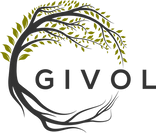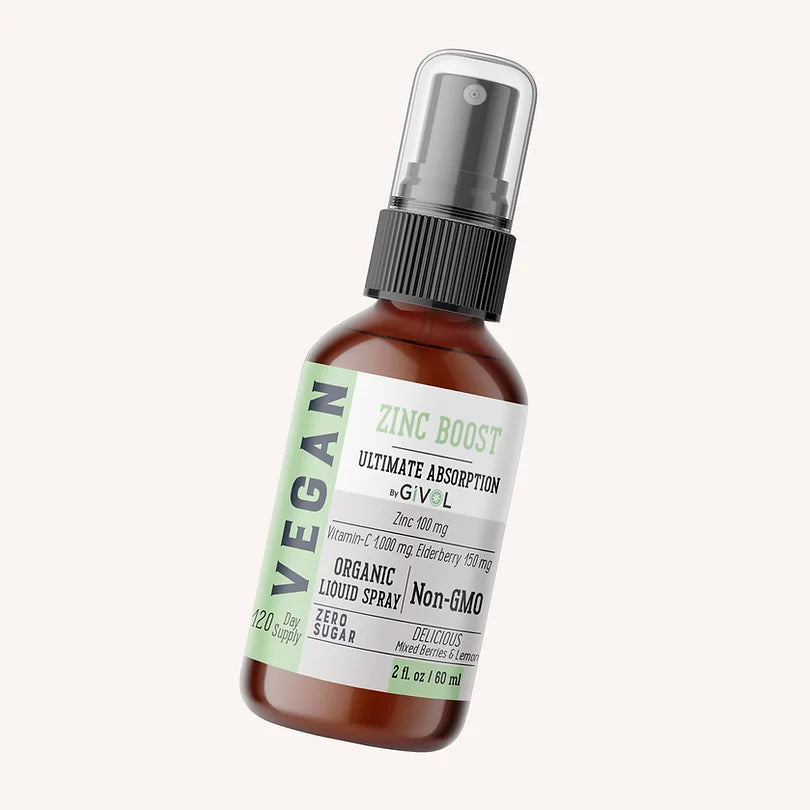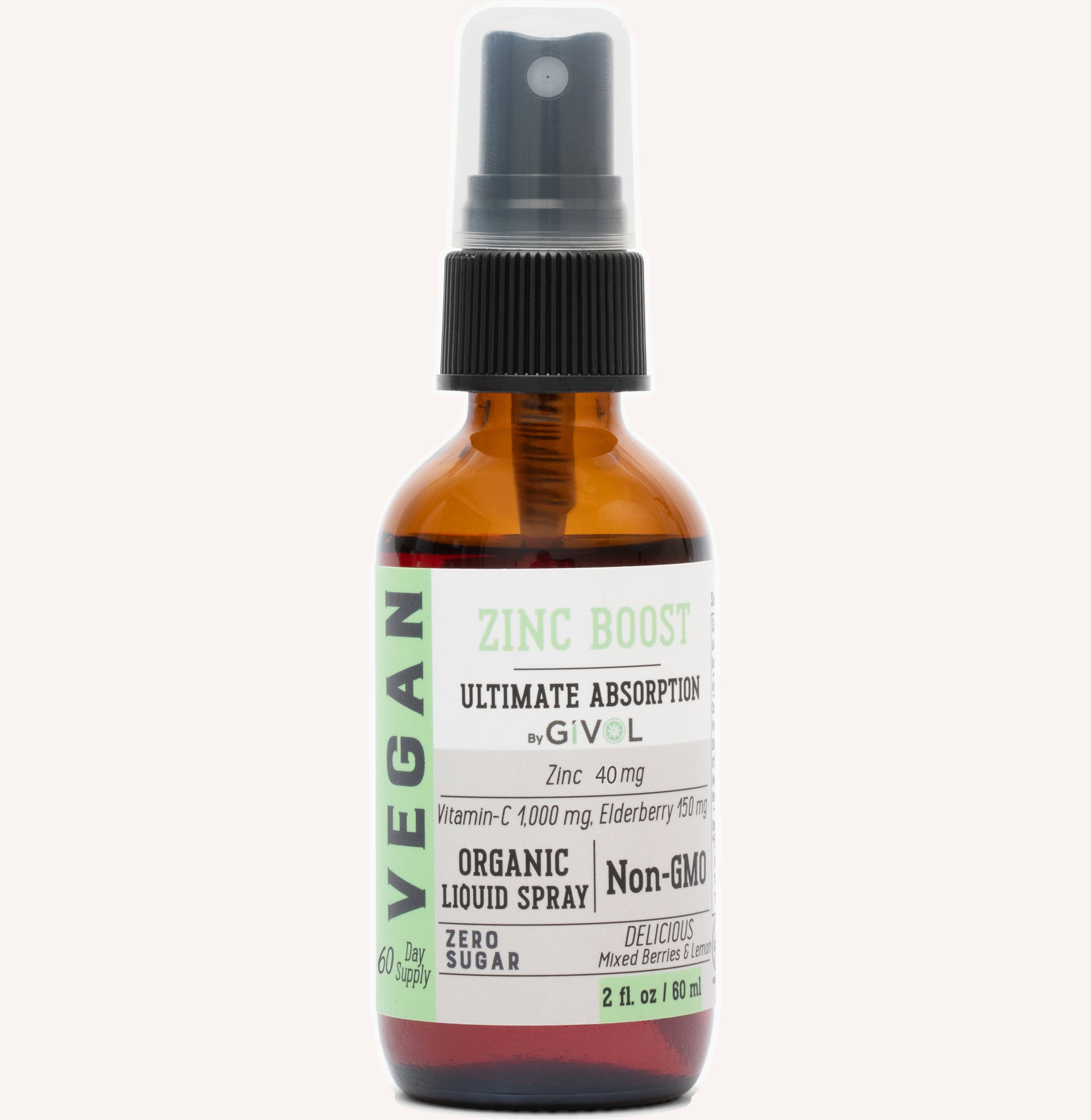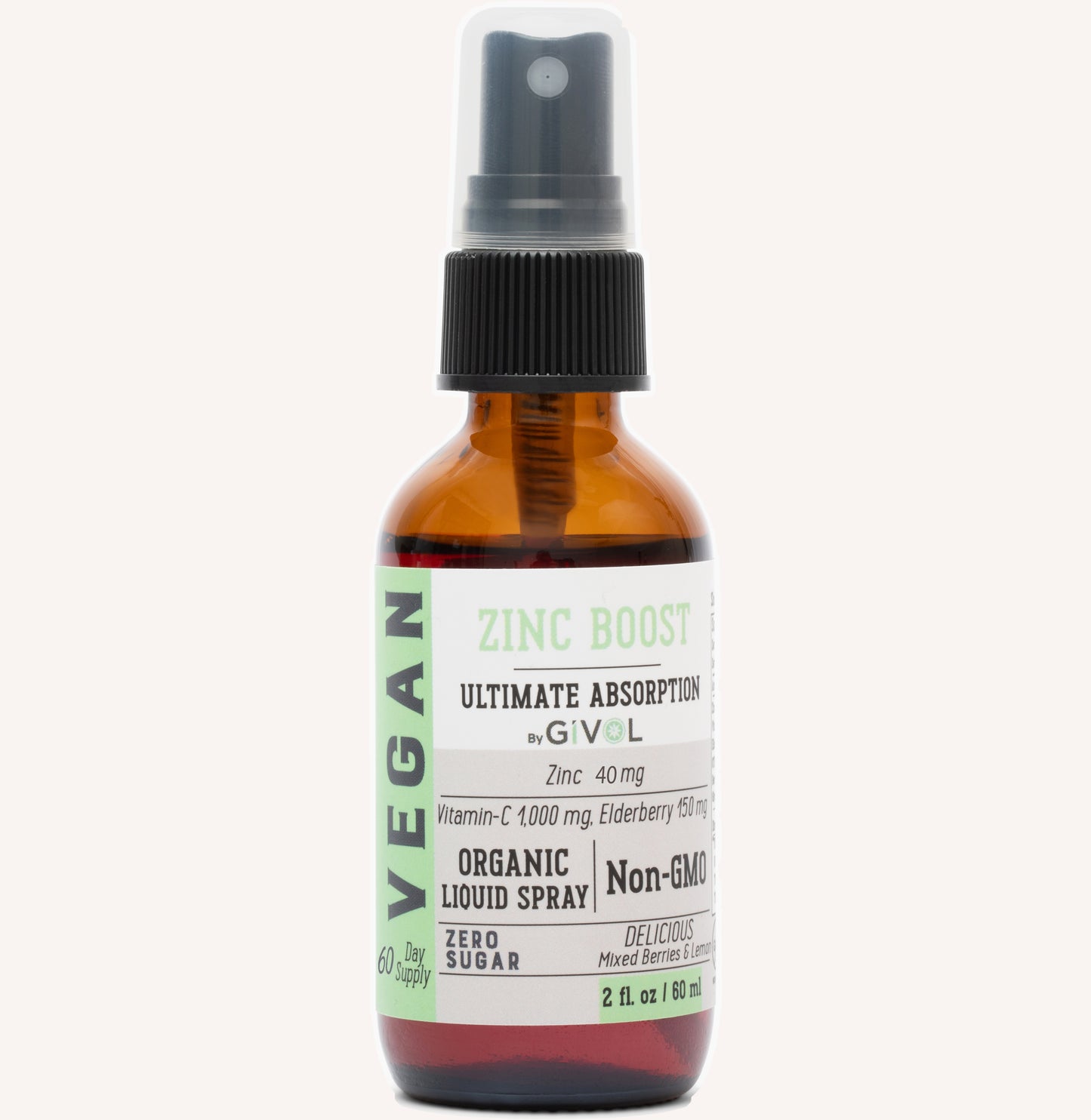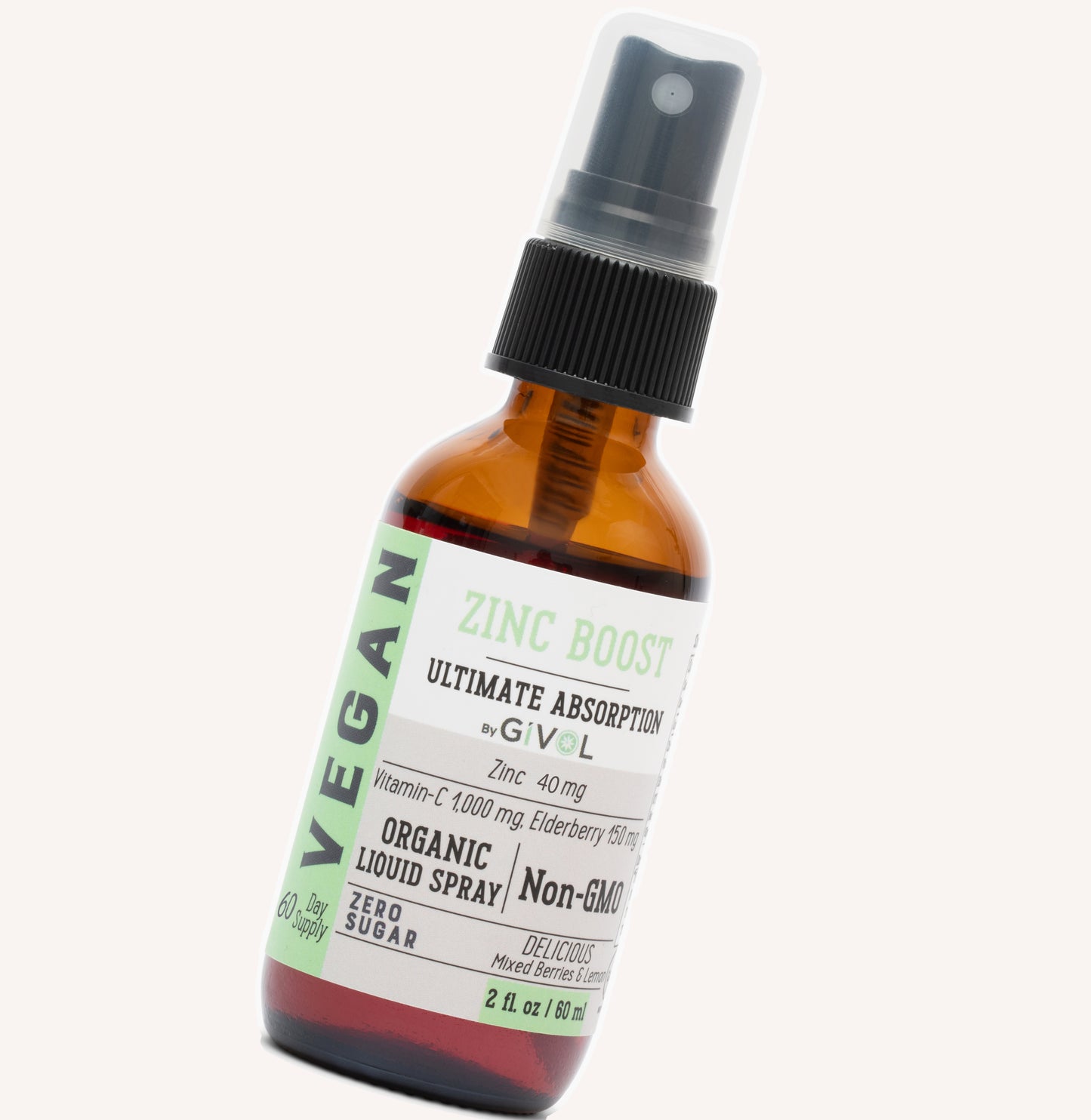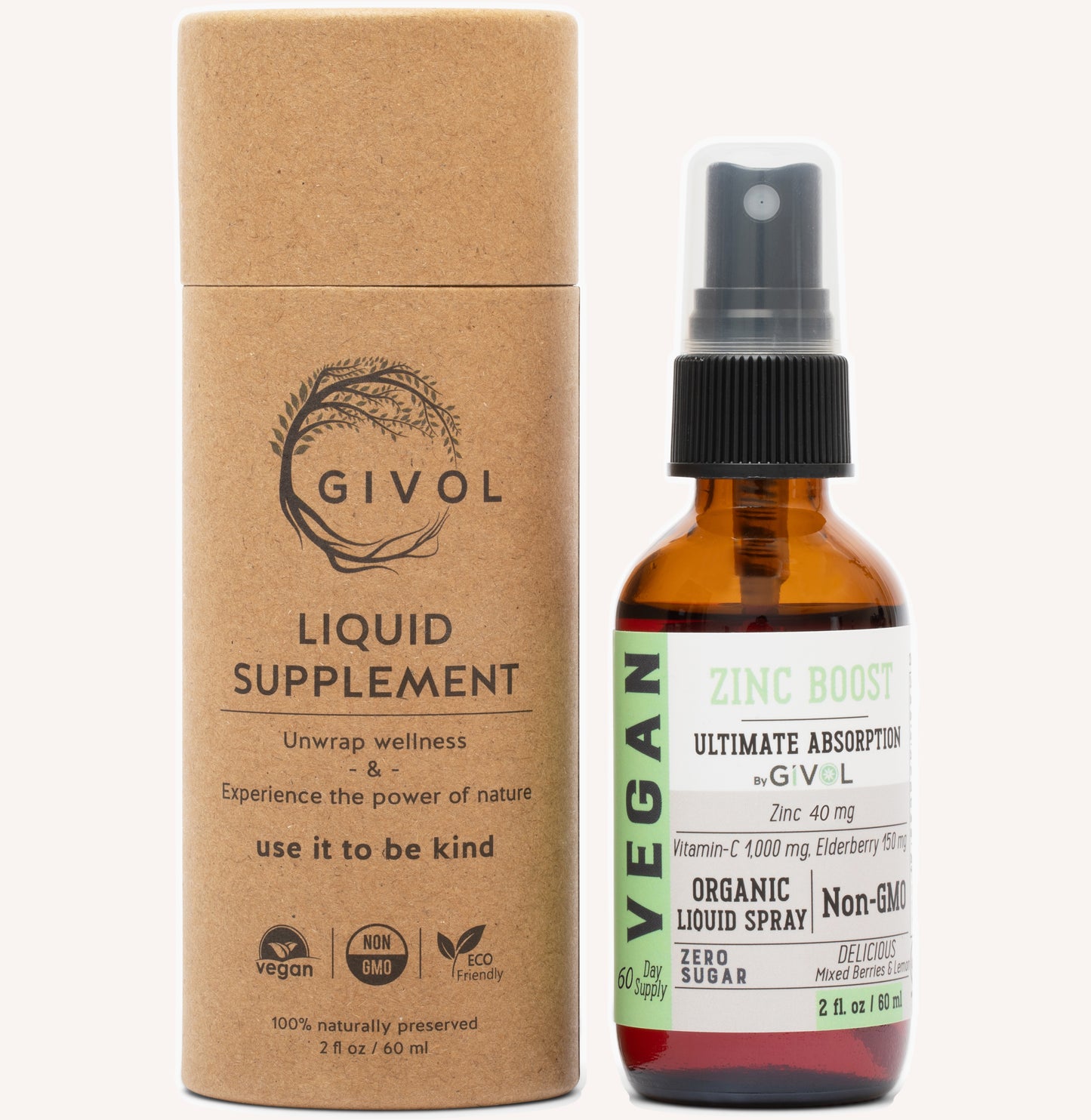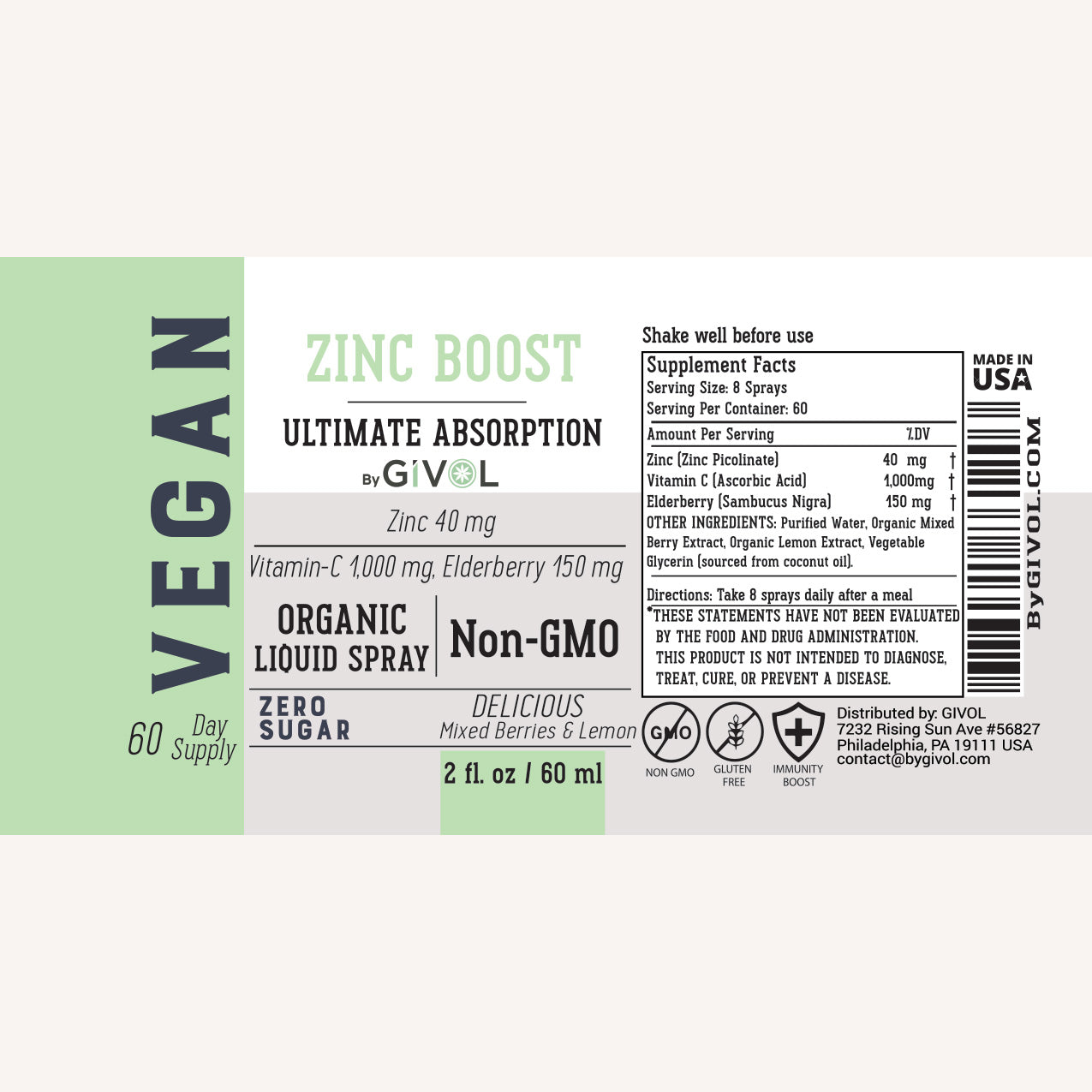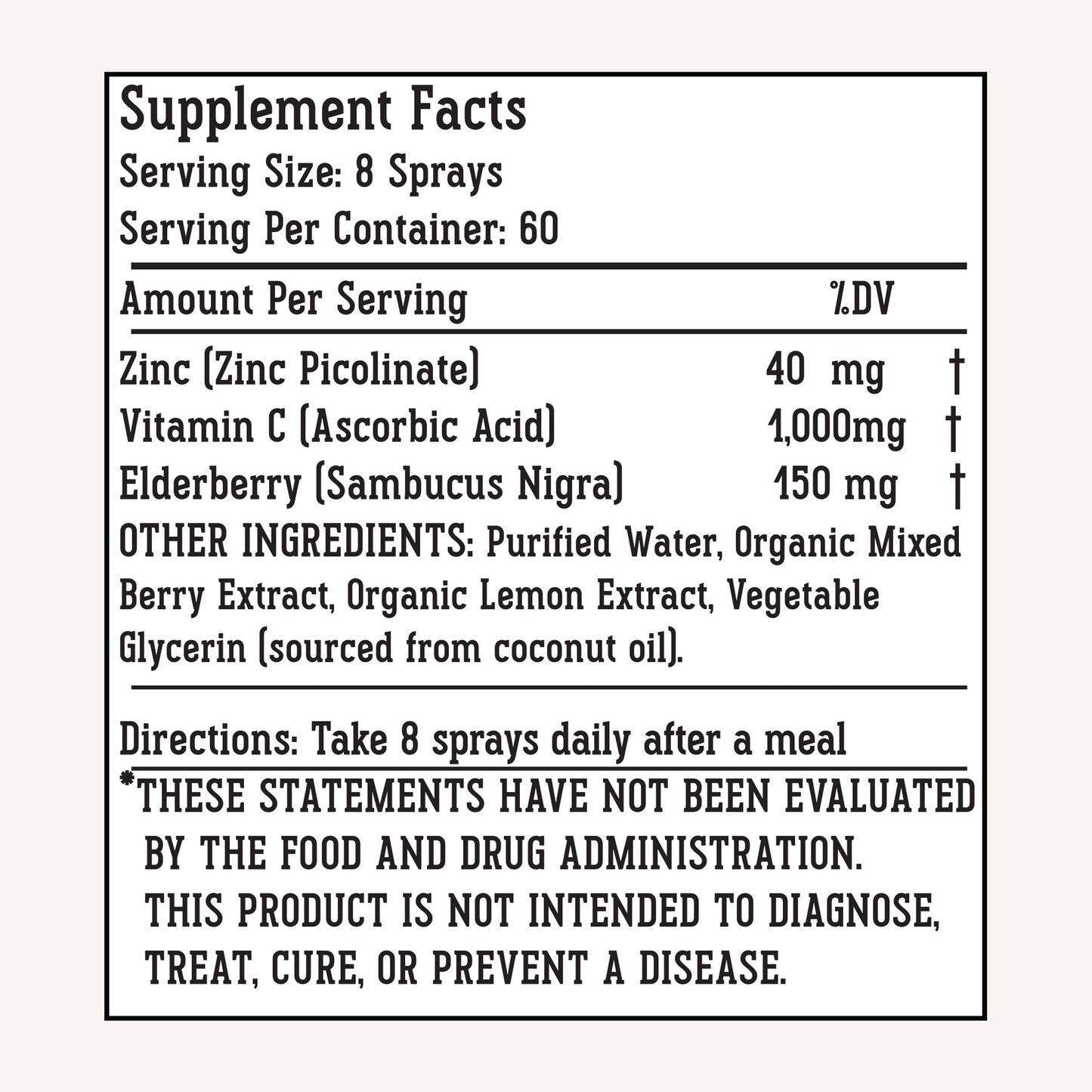Zinc is a mineral that is essential for overall health and well-being. Although it is present in many foods, some people may not get enough zinc in their diet, and that's where zinc supplements come in.
Zinc is involved in various bodily processes, including immune function, protein synthesis, wound healing, and DNA synthesis. It is also important for maintaining healthy skin, hair, and nails. Additionally, zinc is required for a proper sense of taste and smell.
So, why is it important to supplement with zinc? Here are some reasons:
-
Zinc deficiency is common: According to the World Health Organization (WHO), an estimated 31% of the global population is at risk of zinc deficiency. This is mainly due to inadequate dietary intake, poor absorption, and increased losses.
-
Zinc supports immune function: Zinc is essential for the proper functioning of the immune system. It helps to activate T cells, which are responsible for fighting off infections and diseases.
-
Zinc promotes wound healing: Zinc plays a key role in the synthesis of collagen, which is essential for wound healing. It also helps to reduce inflammation and oxidative stress, which can delay healing.
-
Zinc supports healthy skin, hair, and nails: Zinc is required for the production of keratin, which is a protein that makes up hair, skin, and nails. It helps to keep these tissues strong and healthy.
-
Zinc supports reproductive health: Zinc is important for both male and female reproductive health. It is required for the production of testosterone in men and for ovulation and fetal development in women.
In conclusion, zinc is an essential mineral that supports overall health and well-being. Although it is present in many foods, some people may not get enough zinc in their diet, and that's where zinc supplements can help. By supplementing with zinc, you can support immune function, promote wound healing, maintain healthy skin, hair, and nails, and support reproductive health. If you are considering taking a zinc supplement, be sure to speak with your healthcare provider first to determine the appropriate dosage for your needs.
Our zinc supplement is a convenient and effective way to ensure that you are getting enough zinc in your diet, with elderberry and vitamin C, you are getting zinc along with important nutrients. Elderberry is a fruit that has been used for centuries for its medicinal properties. It is rich in antioxidants and flavonoids, which can help to boost immune function and reduce inflammation. Elderberry has also been shown to have antiviral properties, making it a popular supplement during cold and flu season. Vitamin C is a powerful antioxidant that is essential for immune function. It helps to stimulate the production of white blood cells and is required for the production of collagen, which is essential for healthy skin, bones, and cartilage.
When combined, zinc, elderberry, and vitamin C you provide numerous benefits for the immune system and overall health. Our zinc supplement with elderberry and vitamin C is designed to provide a convenient and effective way to support immune function, boost wound healing, maintain healthy skin, and support reproductive health. By taking this supplement daily, you can help to ensure that you are getting the nutrients you need to stay healthy and strong.
-
Legumes: Beans, lentils, and chickpeas are all excellent sources of zinc for vegans. These foods are also rich in protein, fiber, and other important nutrients.
-
Nuts and Seeds: Pumpkin seeds, cashews, almonds, and chia seeds are good sources of zinc for vegans. These foods also provide healthy fats, fiber, and other important nutrients.
-
Whole Grains: Whole grains such as quinoa, brown rice, and oats are also good sources of zinc for vegans. These foods also provide fiber and other important nutrients.
-
Tofu: Tofu is a versatile source of zinc for vegans. It is also high in protein and contains other important nutrients such as calcium.
-
Vegetables: Certain vegetables such as spinach, mushrooms, and broccoli are also good sources of zinc for vegans.
-
Nutritional Yeast: Nutritional yeast is a popular ingredient in vegan cooking and is also a good source of zinc. It is often used as a cheese substitute and has a nutty, cheesy flavor.
here are some natural sources of zinc:
-
Oysters: Oysters are one of the best sources of zinc, with one serving providing more than the daily recommended intake for adults.
-
Meat: Red meat and poultry are good sources of zinc. Beef, pork, and chicken are all rich in this essential mineral.
-
Legumes: Legumes, such as beans, lentils, and chickpeas, are a good vegetarian source of zinc. They are also high in protein and fiber.
-
Nuts and seeds: Nuts and seeds, such as pumpkin seeds, cashews, and almonds, are a good source of zinc. They also provide healthy fats and fiber.
-
Whole grains: Whole grains, such as quinoa, brown rice, and oats, are a good source of zinc. They also provide fiber and other important nutrients.
-
Dairy: Dairy products, such as milk, cheese, and yogurt, contain zinc. They are also a good source of calcium and other important nutrients.
-
Eggs: Eggs are a good source of zinc, as well as protein and other important nutrients.
-
Seafood: In addition to oysters, other types of seafood, such as crab, lobster, and shrimp, contain zinc.
*If you are considering taking a supplement to support your health, be sure to speak with your healthcare provider first to determine the appropriate dosage for your needs.
